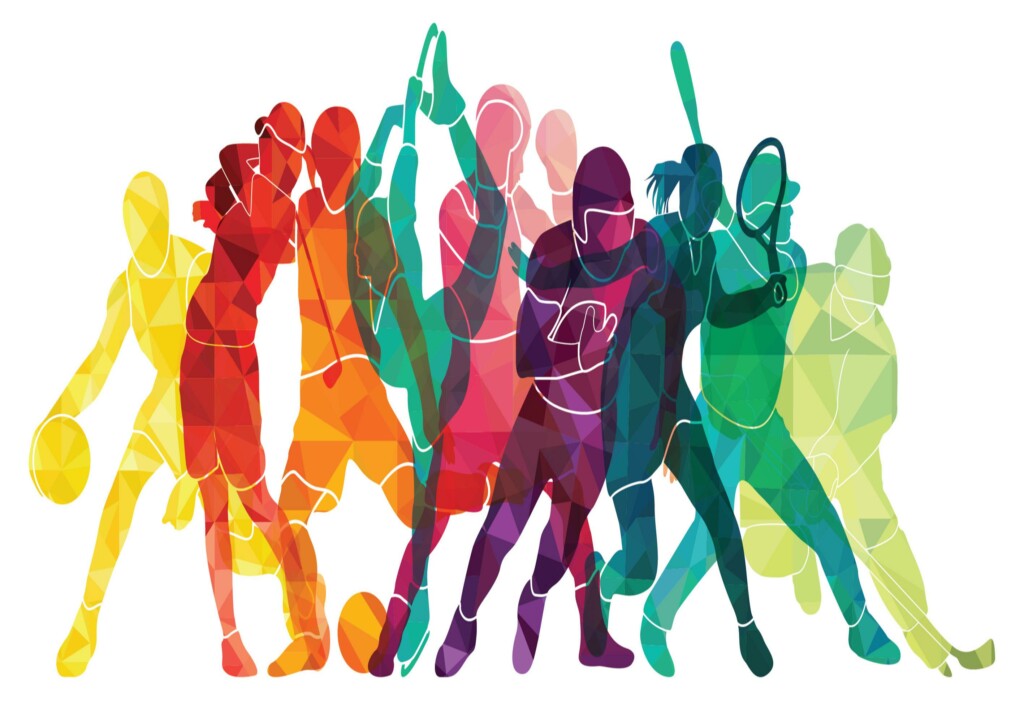The proposal of the sport law will be discussed soon in the National Assembly
Bill No. 3808 aimed at democratizing sport in France (hereinafter “the Bill”), which was initiated by the majority group of the Republic in March, will be examined on March 8, 2021 in Committee and on March 17, 2021 in session.
This bill is structured around 12 articles with the aim of democratizing sport. Voluntarily short, in order to allow it to be included in a particularly busy parliamentary agenda, the deputy Céline Calvez justifies herself: « all the answers are not in this law” but “beyond the crisis of Covid-19, our sports model must take up challenges, in particular on the subject of licenses or TV rights ».
On the agenda, sports practice, governance of federations and the overhaul of the sports economic model.
In particular, it is a question of facilitating access to school sports facilities, developing sports plans at the level of local authorities, setting up full parity within the national and decentralized bodies of the federations, limiting the terms of office of presidents and also guaranteeing the honorability of sports players, for example to fight against violence and racism.
Furthermore, special attention must be paid to article 10 of the bill, which takes up, in part, the provisions of article 23 voted a year ago in the audiovisual PJL.
The purpose of this article is to implement an innovative and binding mechanism to combat piracy of sports content by allowing rights holders, television channels and professional leagues to apply to the judicial court to have blocking measures ordered « for each of the days on the official calendar of the competition or sports event, within the limit of a twelve-month period [1]».
In addition, in order for the blocking measures to be effective, the bill also allows the court to extend the blocking measures against mirror sites as long as the rights holders communicate the necessary identification data to hosting providers and Internet service providers (hereinafter the « ISPs »).
Finally, the text swears in the Hadopi agents to report copyright infringements, prior to referral to a court of law, and thus prevent the piracy of sports content.
In any case, the UGGC Law Firm and its team specialized in sports law and expert in blocking procedures are at your disposal for any questions you may have on this subject.
By the IP/IT team of UGGC Law Firm
Sources : https://www.assemblee-nationale.fr/dyn/15/textes/l15b3808_proposition-loi
https://www.lequipe.fr/Tous-sports/Actualites/La-loi-sport-enfin-prete/1215359

[1] Excerpt from Article 10 of the proposed law n°3808: “When serious and repeated infringements of the audiovisual exploitation right provided for in Article L. 333-1, or of the neighboring right of an audiovisual communication company provided for in Article L. 333-1 have been observed. 216-1 of the Intellectual Property Code, when the program concerned consists of a sporting event or competition, or to a right acquired on an exclusive basis by contract or agreement for the audiovisual exploitation of a sporting competition or event, occasioned by the content of an online public communication service whose main objective or one of its main objectives is the unauthorized broadcasting of sporting competitions or events, and in order to prevent or remedy a further serious and irremediable infringement of the same rights, the holder of such right may apply to the president of the judicial court, acting under an accelerated procedure on the merits or in summary proceedings, for the purpose of obtaining all proportionate measures likely to prevent or stop such infringement, against any person likely to contribute to remedying the infringement.“
“The president of the judicial court may also be seized in this capacity under the conditions provided for in the first paragraph of the present I ;”
“1° A professional sports league, in the case where it is the licensee of the commercialization of the audiovisual exploitation rights of professional sports competitions, likely to be or being the object of the infringement mentioned in the same first paragraph;”.
“2° The audiovisual communication company, if it has acquired an exclusive right, by contract or audiovisual exploitation agreement, to a competition or sporting event, whether this competition or sporting event is organized on French territory or abroad, as long as this right is likely to be or is the subject of the infringement mentioned in the said first paragraph”.
“II. – The president of the court of justice may in particular order, if necessary under penalty, the implementation, for each of the days appearing on the official calendar of the competition or sporting event, within the limit of a twelve-month period, of all proportionate measures, such as blocking, withdrawal or dereferral measures, that is likely to prevent access from French territory to any online public communication service identified or not identified at the date of the said order illegally broadcasting the competition or sporting event, or whose main objective or one of whose main objectives is the unauthorized broadcasting of competitions or sporting events. As from the date of the referral, the president of the court of justice shall give a ruling within a period of time that allows the useful implementation of the measures ordered to ensure the proper protection of the rights mentioned in I.“
“The president of the court may order any measure to publicize the decision, including the posting or publication of the decision, in whole or in part, in newspapers or on online public communication services designated by the president of the court, on such terms and conditions as the president of the court may specify.“
“III. – For the implementation of the measures ordered against online communication to the public services that had not been identified at the date of the order, until the end of the period provided for in II, the plaintiff shall communicate to the defendant the necessary identification data, in the manner recommended by the High Authority for the Dissemination of Works and the Protection of Rights on the Internet […]”.